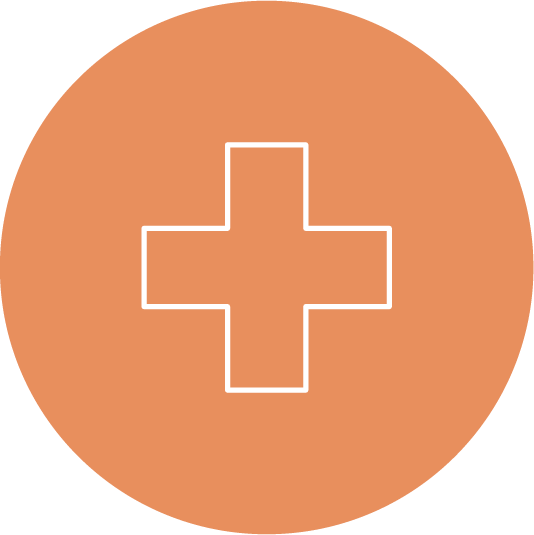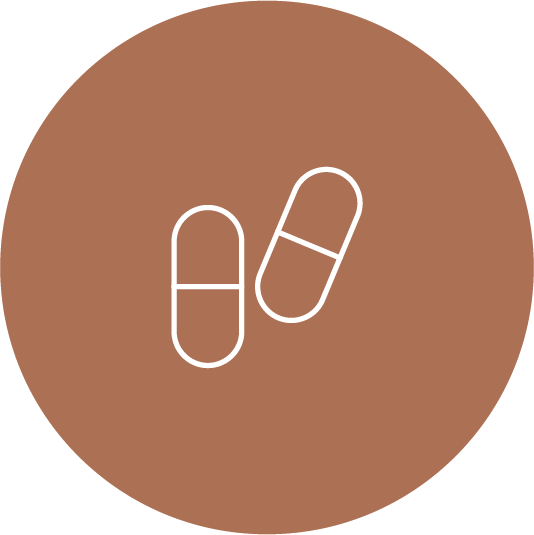MINISTRY FOR HEALTH AND ACTIVE AGEING
The Ministry for Health and Active Ageing in Malta is responsible for the health policy, the provision of health care and public health initiatives in Malta. It is led by Minister Dr. Jo Etienne Abela together with Parliamentary Secretary Dr Malcolm Paul Agius Galea.
The Ministry of Health is responsible for the provision of free public health care services in Malta, including acute care at Mater Dei Hospital, primary health care services, mental health services and the provision of medication in the Government formulary. It also regulates all health care services in the country and develops and implements policy related to public health, such as disease prevention and control, health promotion and environmental health.
Together with this vision and mission, our aim is also to ensure the best quality of daily life to the elderly sector and increase efforts to sustain the best practices and services needed by them.
Some of the main areas the Ministry of Health focuses on include improving access to health care services, improving the quality of care and ensuring that health care services are given in a cost-effective and efficient way. The Ministry also works to promote healthy lifestyles and prevent chronic diseases through education, campaigns to raise interest and awareness and other initiatives.






